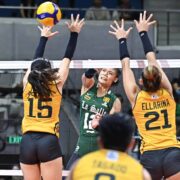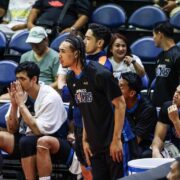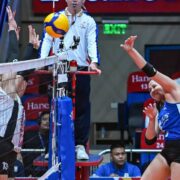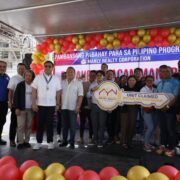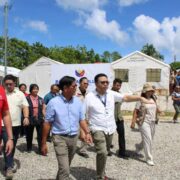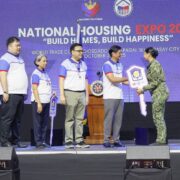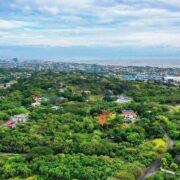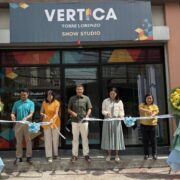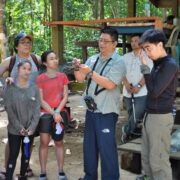Easing ‘adulting’ for new jobseekers
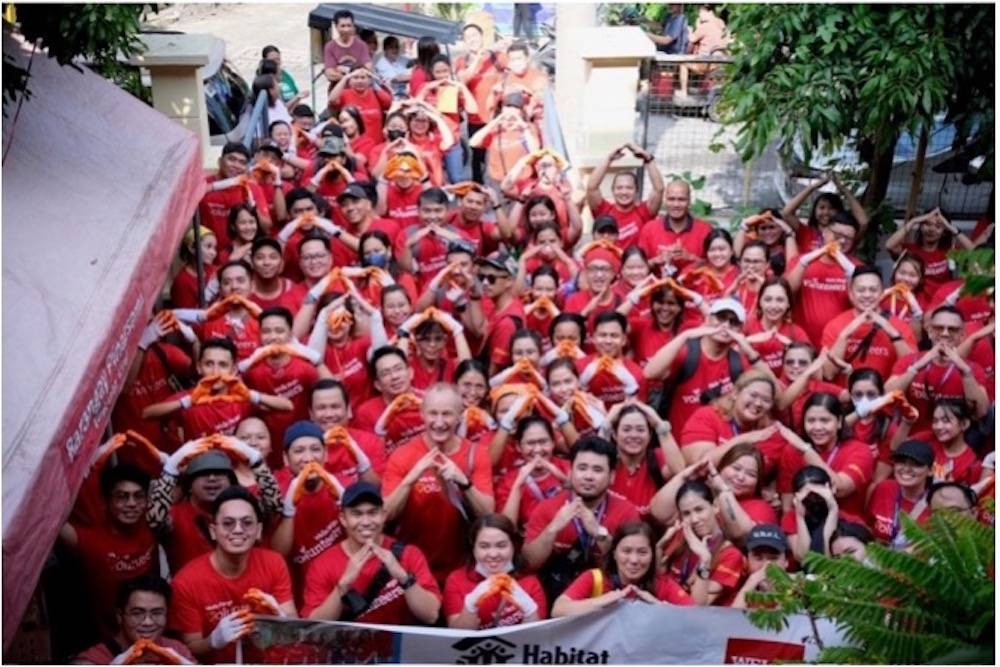
The K to 12 (Kindergarten to Grade 12) curriculum is designed to give young people, who may not want or will not be able to move on to college, skills that will make them qualified for employment after graduation.
While some politicians question the benefit of the curriculum, hundreds of K to 12 graduates have actually found gainful employment, often hired by the same companies where they had been sent for off-school training as part of program requirements.
Many, if not most, of these new entrants to the world of work, may have acquired employable skills but are not quite prepared for adulting, as millennials would put it, particularly how to manage their finances as workers.
Krishna Alejandrino, executive director of Junior Achievement (JA) Philippines, says the K to 12 academic program anticipates this situation by integrating financial literacy into relevant existing subjects and teaching students good money-management while they are young.
Paula de la Cruz, JA Philippines national program manager, says financial literacy is as much a part of the curriculum as values education.
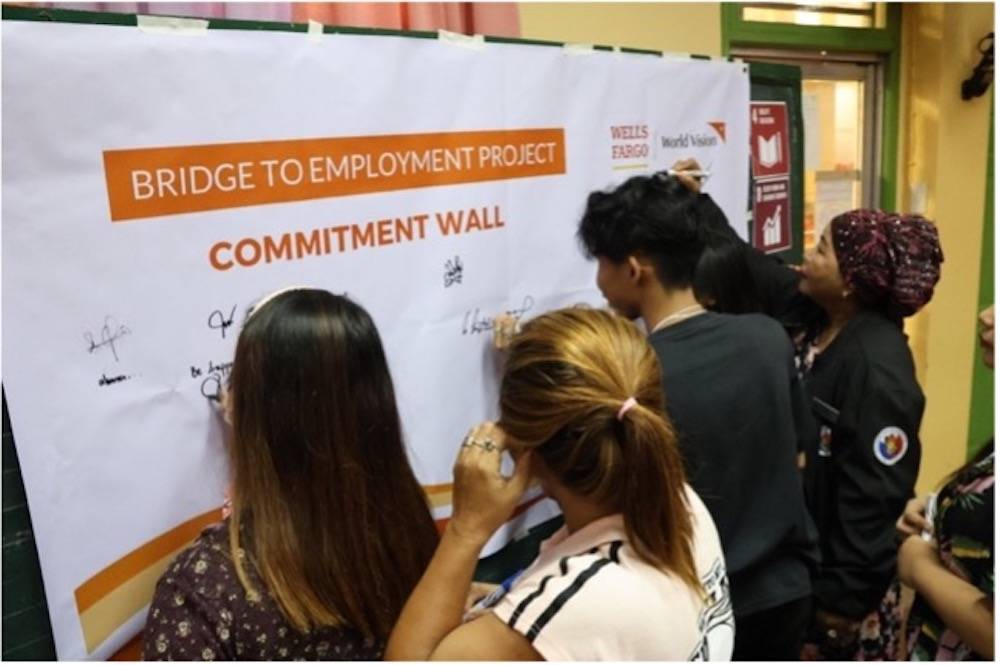
To help strengthen the financial literacy program of the Department of Education (DepEd), JA Philippines has partnered with the United States-based Wells Fargo in offering lessons on money-management skills, specifically for Grades 11 and 12 or senior high school students who may opt to find employment upon graduation.
The collaborative JA Personal Finance Program aims to make some 10,000 Filipino high school students financially literate and provide them crucial money-management skills, in addition to employable skills, to prepare them for employment.
Serving the community
For Wells Fargo, which has been in the Philippines since 2011, this partnership with JA Philippines for the benefit of young Filipinos is part of its community engagement in areas where it operates.
“Our commitment to the communities we serve goes beyond our day-to-day operations,” says Mike Whyte, Wells Fargo Philippines country head. “As the ‘Bank of Doing’, we work towards making a positive impact through partnerships and programs that promote financial resilience, provide disaster relief and encourage employee volunteerism.”
Alejandrino says the financial literacy program for senior high school students covers budget concepts and early introduction to risk management.
The program, which is aligned with Wells Fargo’s volunteerism initiative, also touches on work preparation and readiness, complementing and supplementing the existing senior high school curriculum.
To make sure that students get the proper instruction, teachers who conduct financial literacy classes receive training on handling the topic. The training enables the teachers to also acquire smart-money management skills.
Alejandrino says they adjust the program based on feedback from teachers and students. Classes are bilingual to enable students to understand better the concepts they are being taught.
De la Cruz says, so far, 196 schools and some 2,000 students in the National Capital Region have benefited from the lessons.
Participating schools are recommended by DepEd and chosen based on their willingness to participate and cooperate in the program.
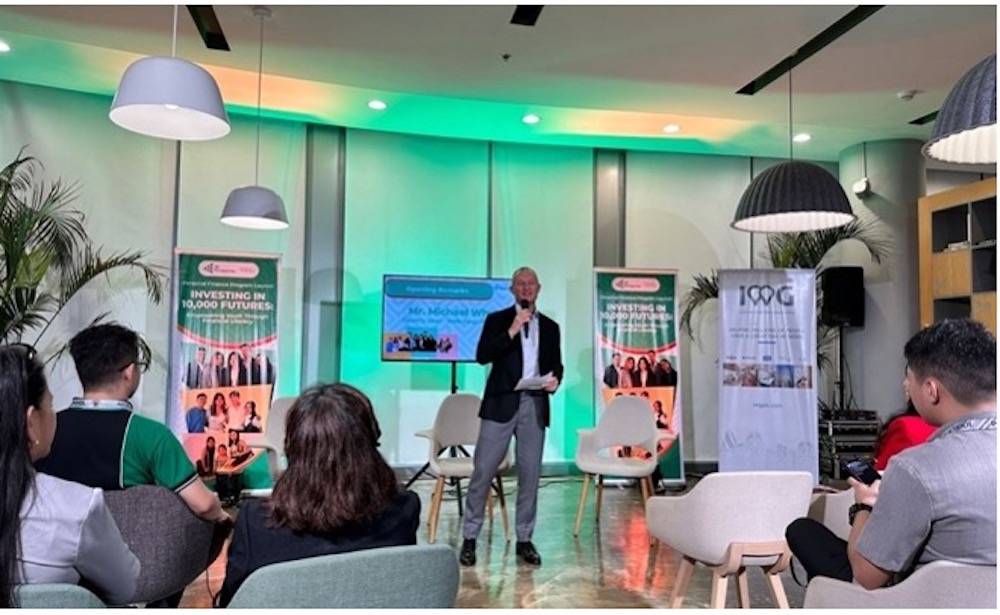
Volunteerism
Wells Fargo’s community investment initiatives in the Philippines, which focus on enhancing financial health, providing access to housing, championing sustainability and supporting small businesses, have so far reached over 23,000 Filipinos.
Aside from JA Philippines, it has also partnered with World Vision for the Bridge to Employment and Entrepreneurship Project in Baseco, Manila, which aims to create sustainable economic opportunities by training 180 students in entrepreneurial and employable skills under the DepEd’s Alternative Learning System.
Wells Fargo’s alliance with Habitat for Humanity has significantly improved living conditions for about 60 families that help foster a sense of community and demonstrate the power of collaborative efforts.
The bank has also enabled increased financial inclusion for over 5,000 individuals from low-income communities.
As volunteerism is deeply ingrained in Wells Fargo’s culture and is a significant driver for giving back to the community in a meaningful way, around 500 bank employees volunteered over 3,000 hours of their time providing much-needed renovations to a multi-purpose center and 10 houses in Barangay Pinagsama, Taguig City.

“Through diverse volunteering opportunities, our employees contribute their skills and expertise to help build and transform. . . We pledge to continually foster this spirit and provide the necessary support to ensure their efforts create enduring benefits across our partner communities in the Philippines,” says Whyte.
Wells Fargo in the Philippines is an extension of the bank’s technology, operations and corporate support teams that are engaged in application development, support, testing, international operations, knowledge support and middle and back-end banking process solutions for a wide range of needs.

